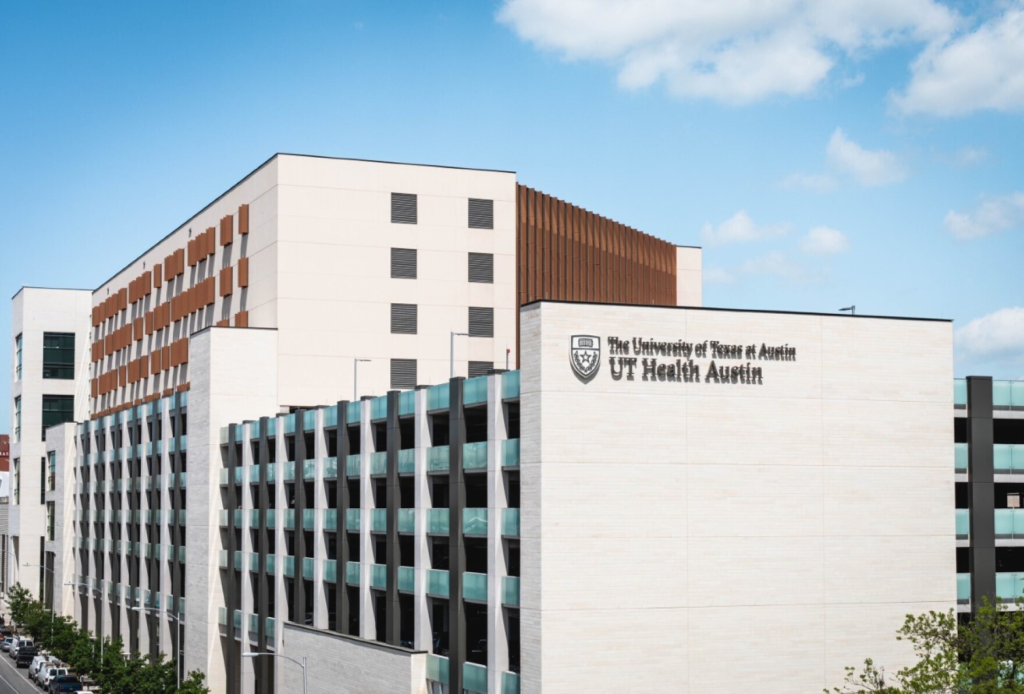Over the 2021-22 school year, the Richard and Ginni Mithoff Pro Bono Program partnered with UT Health Austin, the clinical practice of Dell Medical School, to support patients newly diagnosed with Post-Acute Covid-19 Syndrome, often referred to as “long COVID.” Students volunteering with the Mithoff Program’s INCLUDE disability law project researched and compiled a disability law brochure to be used as a resource for patients. Providers with UT Health Austin’s Post-Covid-19 Program will use the law students’ work to inform patients about how to seek disability-based employment accommodations and how to apply for disability benefits.
 “Participating in the year-long pro bono partnership between Dell Medical and Texas Law provided a great balance between addressing unmet needs in the community while also allowing me to explore a potential area of professional interest,” said rising 2L Emily Morris. “Jumping into the project during my first semester was extremely fulfilling — incorporating the practical legal knowledge I obtained at Texas Law to increase the availability of legal services for Dell Medical patients. It has been an honor to give back to the local community.”
“Participating in the year-long pro bono partnership between Dell Medical and Texas Law provided a great balance between addressing unmet needs in the community while also allowing me to explore a potential area of professional interest,” said rising 2L Emily Morris. “Jumping into the project during my first semester was extremely fulfilling — incorporating the practical legal knowledge I obtained at Texas Law to increase the availability of legal services for Dell Medical patients. It has been an honor to give back to the local community.”
“I wanted to work on a project that I knew would be helpful to a bunch of folks who are dealing with an area of uncertainty out on the bleeding edge of the medical-legal space,” said Kyle Clendenon, who graduated in May. “This project was exactly all of that, and I really appreciate being able to work on it.”
Professor Lucy Wood, who leads the INCLUDE project, will launch a Disability Rights Clinic at Texas Law in fall 2022. “Over the past three years, a partnership between the Dell Developmental Pediatrics practice and INCLUDE addressing the needs of special education students with autism has served nearly a hundred families,” said Wood. “I am excited about these opportunities for students to partner with other practices within Dell and expect the work to continue.”


